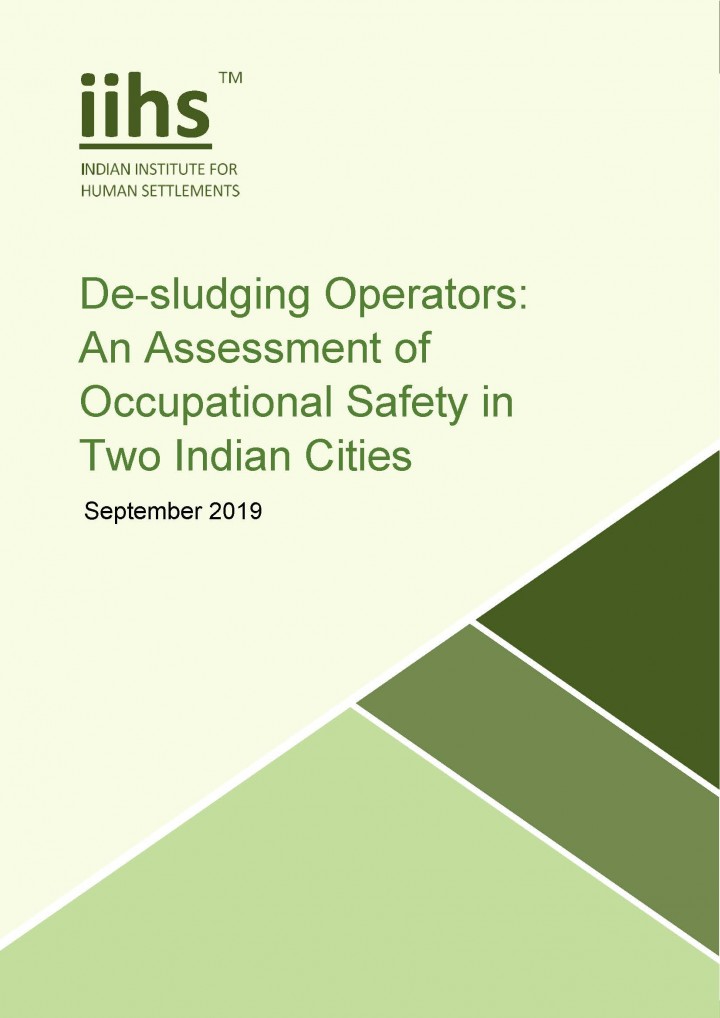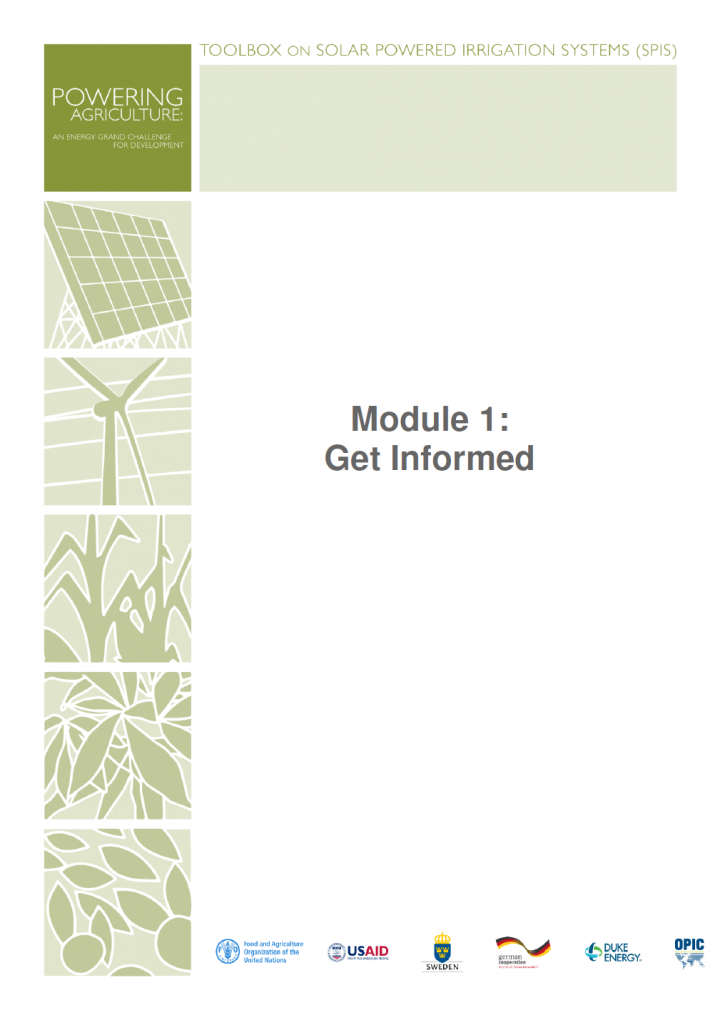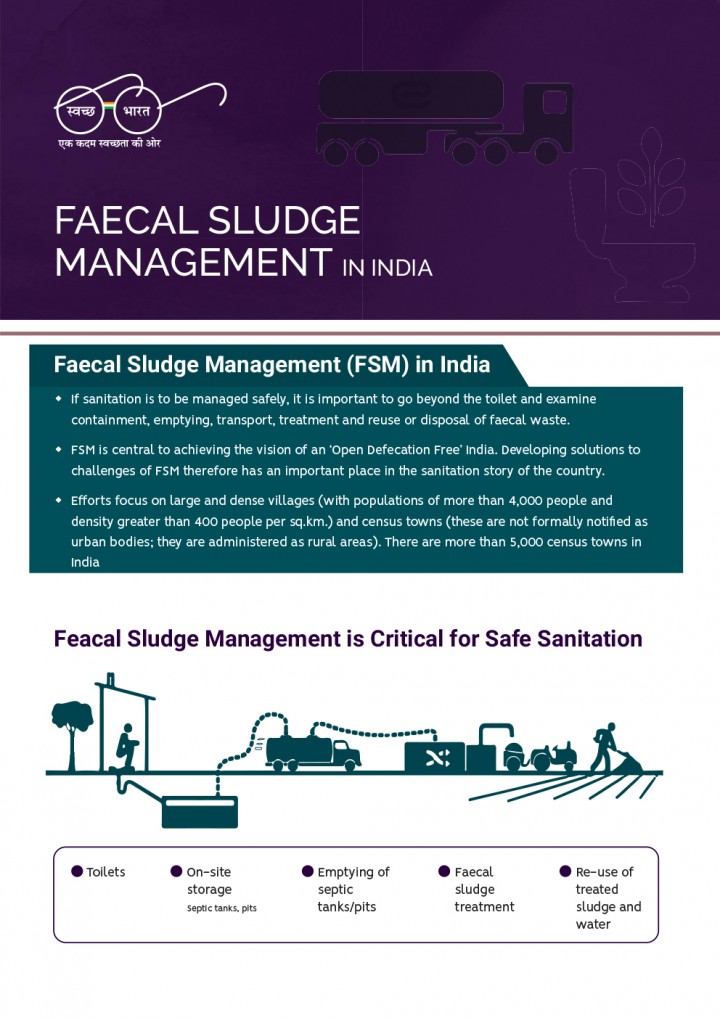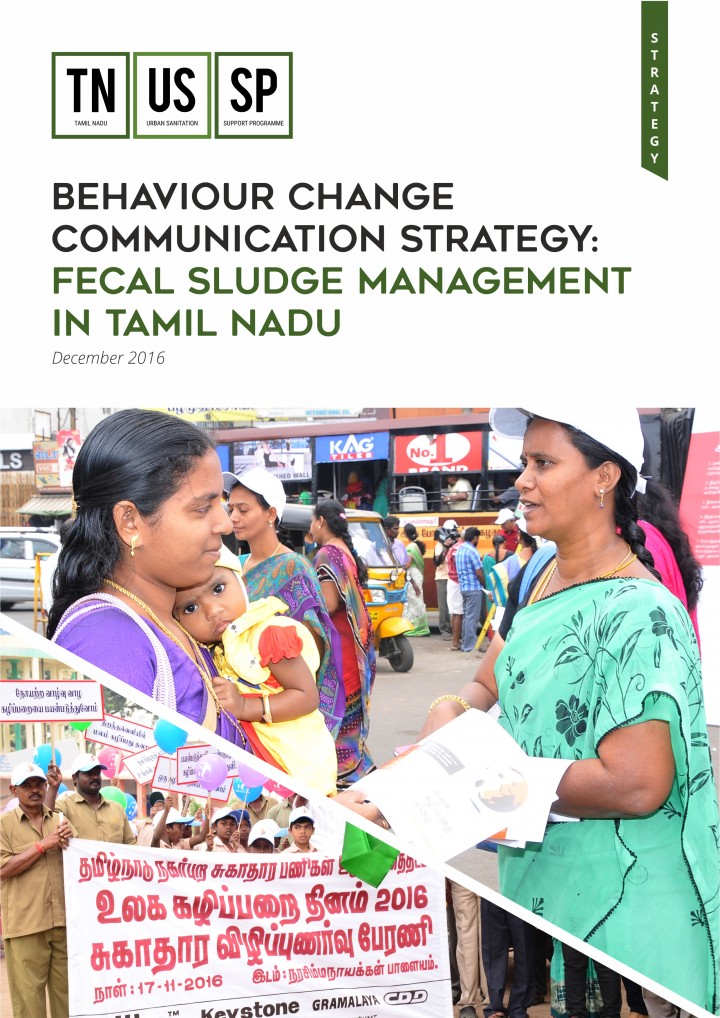Searching for information on Sanitation Workers?
The Sanitation Workers Knowledge + Learning Hub is the best source for all current news, trends, articles and updates on sanitation workers rights around the world.
Phungling Municipality is in the Taplejung District of Koshi Province of Nepal and is the only municipality of this district. The total area of the municipality is 125.57 square kilometres which is divided in 11 wards (Phungling, 2023).
The total population of the municipality is 28,786, with male and female population percentage of 49.2% and 50.8%, respectively. In Phungling Municipality, 7,306 …
Parsagadhi Municipality was established in 2016. The municipality is located in Parsa District, Madhesh Province. The municipality is divided into nine political wards.he municipality has a total population of 41,569 with 21,011 males and 20,558 females (Census 2021, n.d.). Out of total wards, ward number 3 has the largest population (7,221) while ward number 9 has the least number of populations …
Water is one of the most important natural resources of the nation. Nepal has an abundance of water resources, including snowpacks, rivers, springs, lakes, and groundwater. Rivers, streams, lakes, reservoirs, springs, and groundwater are the major sources of drinking water. Tap or piped water, tube wells or hand pumps, covered or uncovered wells, spout water, rainwater collection, and river or …
It explains the concept of Citywide Inclusive Sanitation (CWIS) with the Manila Principles on CWIS. It further gives concrete case studies for each of the principles. CWIS is the paradigm shift in approach to urban sanitation, one which encompasses many key elements that are now widely accepted at gold standard.
This Manual is needed for the technical persons to be trained as Operators and helpers at the FSTP site at Waynad. It contains Technical Guidelines for carrying out the works. A series of manuals are made, Operation and maintenance manual and Operator Instruction manual are the others.
This Health and Safety Rulebook is presented for the use of all employees of the Faecal Sludge Treatment plant …
Life skills-based hygiene education offers teachers the opportunity to help children obtain life skills by addressing hygiene issues. IRC is pleased to present this guidance document for the planning and development of life skills based education. It was prepared with financial support from UNICEF. It builds among others on the outcomes of the first life skills-based hygiene education workshop …
The purpose of this risk communication and community engagement guide is to help you run a focus group discussion (FGD) with community volunteers to understand the questions, rumours, suggestions and concerns they are hearing about the new coronavirus from people during their work in communities. Volunteers live and work in communities and so are a valuable source of information on the current …
1.1 Why is an assessment methodology necessary?
Assessment is a vital element of the programme-planning process. Assessment provides the information on which decisions will be made. Whilst good information does not guarantee a good programme, poor information almost certainly guarantees a bad one. The use of a standard methodology means that information can be compared with data collected during …
Nawabganj is a town and a nagar panchayat in Unnao district which is situated between Lucknow and Kanpur in the Indian state of Uttar Pradesh. It belongs to Lucknow Division. It is located 24 Km towards East from District head quarters Unnao. It is a Block head quarter. Nawabganj was established by Nawab Ramzan Ali (Nawab of Sheesh Mahal Estate Lucknow) in 1858. He established Nawabganj between …
Safe collection, handling and transport of fecal sludge is an integral part of septage management. Limited attention has been paid to the safe collection, transport, disposal and treatment of human excreta from septic tanks. A study was conducted in two cities in India to understand the current desludging practices, the underlying reasons for current occupational practices and hazards, relevance …
Compared to conventional energy systems, the use of solar energy has some specific characteristics, which must
be considered when planning a Solar Powered Irrigation System (see DESIGNmodule). The following steps describe in detail the available configurations and individual system components of an SPIS operating
under constantly varying conditions due to daily and seasonal fluctuations. The …
In Tamil Nadu, currently, a range of behaviour deficits exist along the full cycle of sanitation at the stages of access, containment, emptying, transport, treatment and re-use/disposal. However, communication strategies in the sanitation sector have been largely limited to promoting hygiene behaviours such as handwashing or stopping open defecation by promoting the use of toilets. While these …
The Sustainable Development Goals (SDGs) and the World Bank’s corporate goals of ending extreme poverty and boosting shared prosperity call for specific attention to the poor and vulnerable. The overarching objective of the SDGs is to end poverty in all its forms, but their key difference from the earlier Millennium Development Goals (MDGs) is the integration of social, economic, and …
These guidelines have been prepared by the Global Task Force on Chlore Control of the World Health Organization to help managers of national diarrhoeal disease control programmes and others responsible for implementing cholera control activities. They may also be useful to international, bilateral, and non-governmental agencies in deciding on appropriate means of assiting countries to control …
Background Research suggests that the lived experience of inadequate sanitation may contribute to poor health outcomes above and beyond pathogen exposure, particularly among women. The goal of this research was to understand women’s lived experiences of sanitation by documenting their urination-related, defecation-related and menstruation-related concerns, to use findings to develop a …
Australia is positioned next to south-east Asia, where one billion people lack access to adequate sanitation facilities. Only half the population in the Pacific Island countries have access to such facilities, while poor hygiene and unsanitary living conditions have contributed to children in remote Australian Aboriginal communities experiencing a higher rate of common infectious diseases than in …
Making schools healthy environments requires a holistic approach that should combine various interventions to ensure that children are fit for school. However, these interventions must be simple, scalable, sustainable, and integrated into existing systems to ensure that they can be feasibly implemented by school communities with limited resources. Increasing its usefulness could only be possible …
Background and Objectives
Hygiene during childbirth is essential to the health of mothers and newborns, irrespective of where birth takes place. This paper investigates the status of water and sanitation in both the home and facility childbirth environments, and for whom and where this is a more significant problem.
Methods
We used three datasets: a global dataset, with information on the …








































